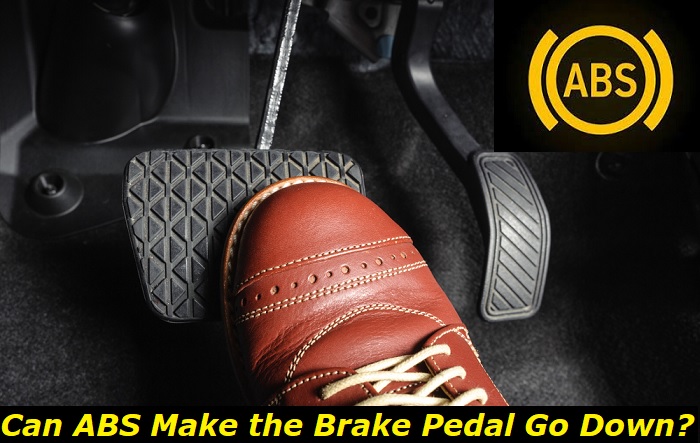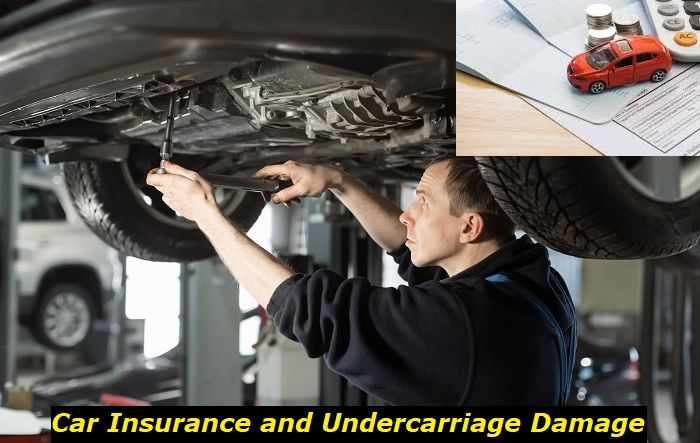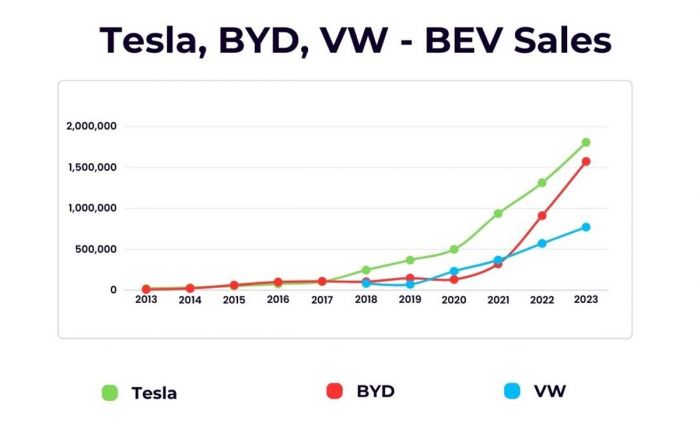An anti-lock braking system (ABS) is a tool used for safety and anti-skidding purposes and is common on various land and air vehicles. ABS works by preventing the wheels from locking up while braking. ABS allows the driver to keep tractive contact with the road surface and maintain more control over the car.
ABS problems highlights
- Module's importance:High
- Prone to failure:No
- Reasons for failure:Water, physical damage
- Ways to reset:No reset will help
- Sphere of control:ABS system
- Symptoms of failing:ABS light, no ABS available, traction control failure
- Price to repair:Repair almost impossible
- Price to replace:$350 - $900

How does the ABS Work?
When an ABS system is activated, the brakes are engaged and released several times in one second, ensuring that the tires do not lock up during intense braking. The car slows down while keeping its hold, and the available traction allows the driver to navigate. Listed below are the uses of the ABS and how cars equipped with this system have an added layer of protection.
The controller is always monitoring the speed sensors and checking for an unusual decrease in speed in the wheel. A wheel will have an expeditious slowing down just before locking up, and if unaddressed, it will halt considerably faster than any automobile. On the other hand, a wheel that tangles up may cease swiveling in as fast as less than a second.
The ABS system recognizes that this brisk slowdown of the car is impossible and that the rapid deceleration really indicates that the wheel is ready to slip. As a result, it lessens the pressure on that brake before it detects acceleration, then boosts the pressure until it detects deceleration.
Moreover, the wheel begins to decelerate at an identical pace as the automobile, with the stopper maintaining the wheels extremely close to the point when they will begin to stock up.
This eliminates the necessity to pump the brakes manually while maneuvering on a wet or slick surface. Even in certain emergency braking situations, the ABS allows you to maneuver and steer the wheel. As the ABS is activated, the driver notices a pulsing sensation in the pedal brake. This occurrence is caused by the fast actuation and closing of the valves.
Common Issues With the ABS
The most prevalent reason for ABS failure is sensor contamination with dirt or metal particles. Sensor wiring can also become corroded, resulting in sporadic or non-existent continuity and, as a result, faults. Some automobiles may experience insensitive brake pedals due to ABS module failure, and this problem may appear differently among different models.
Brakes that do not operate or do not work safely are a major issue, as a non-responsive pedal will not stop the car.
In automobiles with anti-lock braking systems, a hydraulic assembly, also known as an ABS modulator, comprises many solenoids. Mechanical failure, corrosion, or sediment in the braking fluid can all create a low or spongy pedal.
In most circumstances, an issue with your braking fluid might lead your brake pedal to mysteriously drop to the floor. If your brake fluid level is too low or if air enters the brake line, you will have a mushy brake pedal.
Even when braking normally, a faulty ABS module can trigger your brakes to stop functioning. Strange noises, such as squeaks or clicks, may also be heard from the brakes. A sinking pedal with no exterior leaking is most likely caused by an internal leak in the brake master cylinder. If the brakes are heated, the brake fluid may boil owing to humidity infiltration or abrasive gassing.
Symptoms of a Faulty ABS
- A glowing ABS warning light
A glowing ABS warning light is the most common symptom of a problematic ABS system. Just keep in mind that the dashboard ABS Light is designed to illuminate for a few seconds once you start your automobile, so don't freak out.
If the ABS Light stays illuminated, try switching the ignition key off and on again, similar to restarting your computer. There could be a temporary issue that has mixed up the ABS control module, and restarting the vehicle may help clear it.
If rebooting does not clear the ABS Light, it's time to contact your mechanic. The ABS Light activates a code that assists your mechanic in determining which ABS device is responsible for the issue. If you're moving and the ABS Light suddenly illuminates, it could mean a component of the ABS system, including the ABS control module, has failed.
- An unresponsive brake pedal
The ABS system was created specifically to keep any wheel from locking up while braking hard. When an ABS control module malfunctions, you'll most likely notice it when braking hard. Over time, your brake pedal may become unresponsive.
You'll have to push the pedal a couple of times at first to have some braking movement, and eventually, you'll have to hit it numerous times just to get it to operate. Inspect the brake fluid level and maybe have the braking system cleansed to ensure there is no gas in the brake lines.
- Failure of the speedometer
In rare situations, an ABS control module failure impacts the speedometer, causing it to display the incorrect speed or simply remain at 0 mph. Following that, the ABS or "check engine" light will most likely illuminate, and even if those lights do not illuminate, you should have your vehicle inspected. Generally, if you suspect that your ABS control module is malfunctioning, go to a professional as soon as possible.
Fixing a Sinking Pedal
- Examine the brake lines and Calipers
The first thing you should do is check the brake fluid level; if the fluid is full, it signifies there is no leak. If any fluid is missing or the container is empty, it indicates that there is a leak inside. If there is a leak, you must inspect the brake lines from all wheels to see if they are leaking.
If you notice a leak on one of the wheels, you've discovered the problem. To repair it, remove the wheel, locate the cause of the leak, and consider replacing the item if warranted.
- Analyze the brake master cylinder
The second thing you can do is inspect the brake master cylinder, which has two sets of seals that can wear out over time and create leaks. If this is the case, the brake master cylinder will need to be changed. It is recommended that it be replaced with a brand-new unit rather than a rebuilt one. Refurbished brake cylinders do not last long and sometimes do not work at all.
- Check your ABS module
A failure of the ABS module might cause the ABS pump to cycle continually, eventually draining the battery in your car. Remove the ABS fuse to prevent a dead battery or wear out the ABS pump, or cause the brake pedal to go to the floor. The ABS fuse is usually positioned in the fuse board in the engine compartment and is typically a 50A-60A fuse.
The ABS system gives an extra layer of protection when driving, so maintaining it fully operational is a straightforward task. Don't disregard ABS problems, whether it's the ABS Light performing strangely or if it's a problem with the ABS control module or sensor. Overlooking one problem can frequently lead to a cascade of others.
If your ABS Warning Light illuminates regularly, your mechanic may attempt to reboot the ABS control module to determine whether this resolves the issue. Resetting can be accomplished by detaching the positive cable from the car battery or reconnecting the cable to restore electricity.
Pulling down the brake pedal to deplete the vehicle's electrical system is another method for resetting the ABS module. This method can help prevent the brake pedal from going to the floor.
Conclusion
If your vehicle lacks 4-wheel ABS or the ABS is malfunctioning, make certain you pump the brakes if it begins to skid. When the tires are inflated sufficiently, and in good shape, ABS functions best. If you follow these suggestions, you can help prevent the most common causes of 4-wheel ABS problems, such as thin brake linings and dust or debris in the braking fluid.
About the authors
The CarAraC research team is composed of seasoned auto mechanics and automotive industry professionals, including individuals with advanced degrees and certifications in their field. Our team members boast prestigious credentials, reflecting their extensive knowledge and skills. These qualifications include: IMI: Institute of the Motor Industry, ASE-Certified Master Automobile Technicians; Coventry University, Graduate of MA in Automotive Journalism; Politecnico di Torino, Italy, MS Automotive Engineering; Ss. Cyril and Methodius University in Skopje, Mechanical University in Skopje; TOC Automotive College; DHA Suffa University, Department of Mechanical Engineering






Add comment